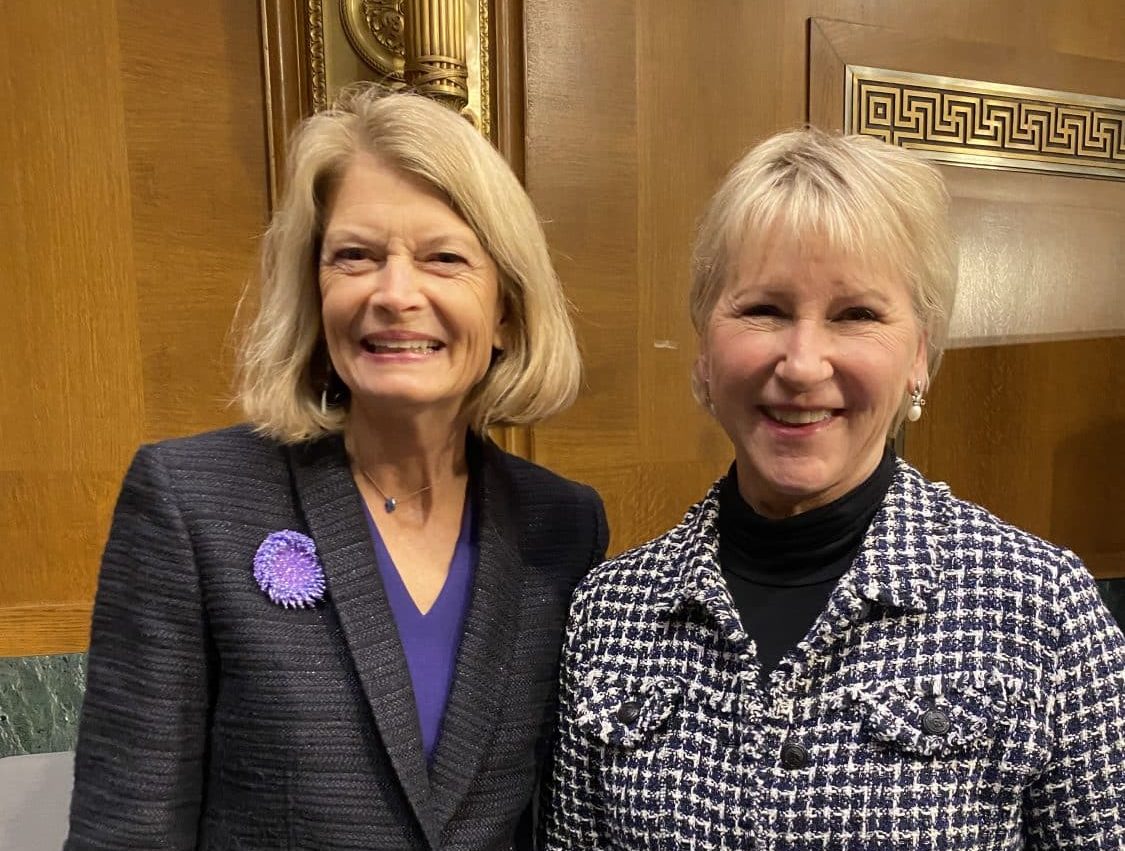“Equality of rights under the law shall not be denied by the United States or any State on account of sex.” Most Americans, and most of the world, think these words are already in the U.S. Constitution. Maybe it is because they should be.
This article was originally published by PassBlue, a women-led nonprofit newsroom that covers the U.N. and global women’s rights.
Recently, I attended a Senate Judiciary Committee hearing on the Equal Rights Amendment (ERA). It is the first such hearing in the United States Senate since 1984, and this year marks the 100th anniversary since the ERA was introduced in Congress.
As a Swedish citizen, I was taken aback by the charged atmosphere and the opposition expressed to such a fundamental human right, to be free of discrimination based on sex. Honestly, I believe that most people—like me—would have assumed that this right was already in the US Constitution as it is in most constitutions around the world.
My country, Sweden, is known for its commitment to gender equality, and we have always looked to the U.S. for leadership on issues related to democracy and human rights. I was visiting the country as a fellow in residence at the Roosevelt House, part of Hunter College, in New York City, an inspiring place where I was surrounded by photos and memories of Eleanor Roosevelt, who chaired the drafting of the United Nations Declaration of Human Rights. The declaration begins with the idea that “all human beings are born free and equal in dignity and rights.”
So how can I reconcile the vision I have of this great country with the debate I heard in the Senate? How is it possible that equal rights are not yet guaranteed by the Constitution?
I was shocked to hear some senators talking about the evils that might come with this fundamental protection from discrimination on the basis of sex.
One argument I heard in favor of the ERA is that women should no longer be considered “lesser” citizens as they were when the Constitution was written, excluding them. An impressive Black college student, Thursday Williams, reminded us at the hearing that without the amendment of the Constitution, she would be considered property, had the Constitution not been designed to evolve with the times.
I was shocked to hear some senators talking about the evils that might come with this fundamental protection from discrimination on the basis of sex. They seem so afraid of how the word “sex” might be interpreted that they lose sight of the purpose of this amendment, which is to establish a normative principle at the highest level of the law. This is how it is seen in most countries, and many U.S. states have an equal rights provision in their own constitutions—so this normative standard is hardly new. Nor should it be frightening. It is simply the guiding principle that will be interpreted and implemented by courts and legislatures.
I heard opponents say that the ERA is not needed. While progress has been made in the U.S. and worldwide, the Senate itself reflects that this progress—more women in the Senate than ever before—still remains at 25 percent.
There was much discussion about the procedure and the seven-year time limit that was written in the preamble of the amendment when it was passed by Congress in 1972. It had been extended, and now the question seems to be whether it can be removed. The constitutional legal scholar Kathleen Sullivan testified convincingly that Congress had the power to remove this time limit. To me, it is very strange that such a fundamental constitutional provision would have a time limit, and it was noted that the amendment giving women the right to vote had no such limit.
From Sweden and other countries, we have watched the political debate in the US become more and more polarized. It was noted at the hearing several times that the Equal Rights Amendment has historically been a bipartisan effort, even recently in the last states that have voted to ratify it. So I was very heartened to hear the Republican senator of Alaska, Lisa Murkowski, talk about her consistent commitment to the ERA. She is a co-sponsor with Senator Ben Cardin (D-Md.) of the current bill to remove the time limit on the ERA. Her words gave me hope that the voice of reason might prevail and that bipartisanship might be restored, at least on this right.
To me, it is very strange that such a fundamental constitutional provision would have a time limit, and it was noted that the amendment giving women the right to vote had no such limit.
“Equality of rights under the law shall not be denied by the United States or any State on account of sex.” These 24 words of the ERA are so simple and seem so uncontroversial. Senator Dick Durbin (D-Ill.), who eloquently chaired the hearing, called the principle of equal justice under the law as “fundamental to who we are as a nation.”
Most Americans, and most of the world, think that these words are already in the U.S. Constitution. Maybe it is because they should be.
Up next:



Comments are closed, but trackbacks and pingbacks are open.